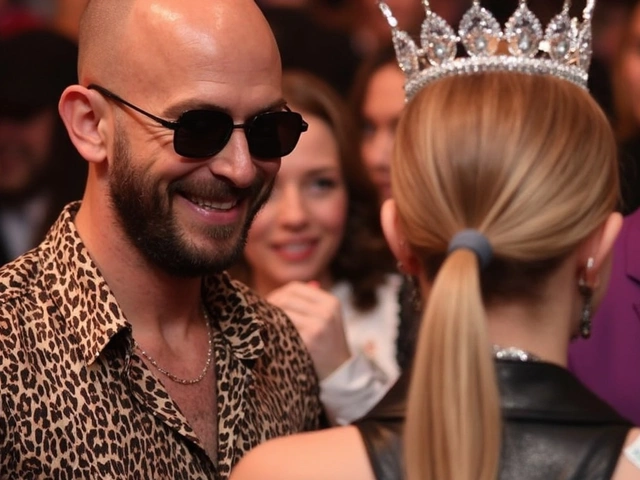Richard Chamberlain: The Reluctant Idol Who Changed TV
A generation of viewers who swooned over a young doctor in a crisp white coat, and later thrilled to sweeping TV adventures in exotic lands, are waking up to the news that Richard Chamberlain—the man who seemed everywhere on TV in the '60s and '80s—has died at his Hawaiian home. He was 90, just a day before what would have been his 91st birthday, passing from complications of a stroke. His roles shaped television at a time when weekly dramas and sprawling miniseries changed the way stories were told on the small screen.
Born George Richard Chamberlain in Los Angeles back in 1934, showbiz wasn’t a given. He graduated Pomona College in 1956—a far cry from the glitzy Hollywood set—and entered the U.S. Army, where he rose to the rank of sergeant. Acting came a little later, but when it hit, it hit big. Everyone knew Dr. James Kildare. Chamberlain played the role from 1961 to 1966, and his boyish charm soon made him a heartthrob for millions of American teens. Old images of him surrounded by fan mail and lines of giggling girls outside studios are the stuff of classic TV nostalgia now.
While many teen idols fade, Chamberlain refused to get stuck in a rut. After "Dr. Kildare" wrapped, he hit the boards—tackling classical theater and flexing his musical chops. But it was television that kept pulling him back. The late-1970s and early ‘80s saw the era of the TV miniseries, and Chamberlain rode that wave with all the cool confidence viewers expected. "Shōgun", a five-part saga set in feudal Japan, saw him embody John Blackthorne, an English sailor piecing together a new identity in a culture worlds away from his own. Millions tuned in. Three years later, "The Thorn Birds" was appointment viewing, with Chamberlain’s conflicted priest Ralph de Bricassart tangled in forbidden love—an iconic moment in TV history.
Chamberlain's Place in Hollywood and Beyond
It wasn’t just miniseries. Chamberlain proved he could leap off the small screen into big adventure—playing Aramis in an all-star "The Three Musketeers" trilogy, and even stepping into the shoes of Jason Bourne in the first on-screen adaptation of “The Bourne Identity” back in 1988, long before Matt Damon ever lost his memory on the big screen.
But through it all, Chamberlain’s versatility set him apart. He never shunned the roles that made him famous, yet he explored Shakespeare, tackled Sondheim, and toured with stage classics. He sometimes seemed torn between the fame that found him and the craft he loved, but his soft-spoken confidence never wavered on screen. Off camera, he was known for his quiet dignity and professionalism, also opening up about his personal journey later in life at a time when those stories were rarely shared by TV’s leading men.
Fans still remember binge-watching his epic TV events long before streaming was even an idea. Miniseries had viewers glued to their sets for days, and Chamberlain was almost always in the center—flawless in English period garb, Japanese kimono, or musketeer's tunic.
Richard Chamberlain didn’t just witness television history. He made it. Those sprawling epics, the unforgettable romances, and his unmistakable voice are stitched into Hollywood’s memory. For anyone who’s flicked through late-night reruns or still keeps an old VHS of "The Thorn Birds" tucked away, his loss feels like the end of a special chapter in TV history.






Write a comment